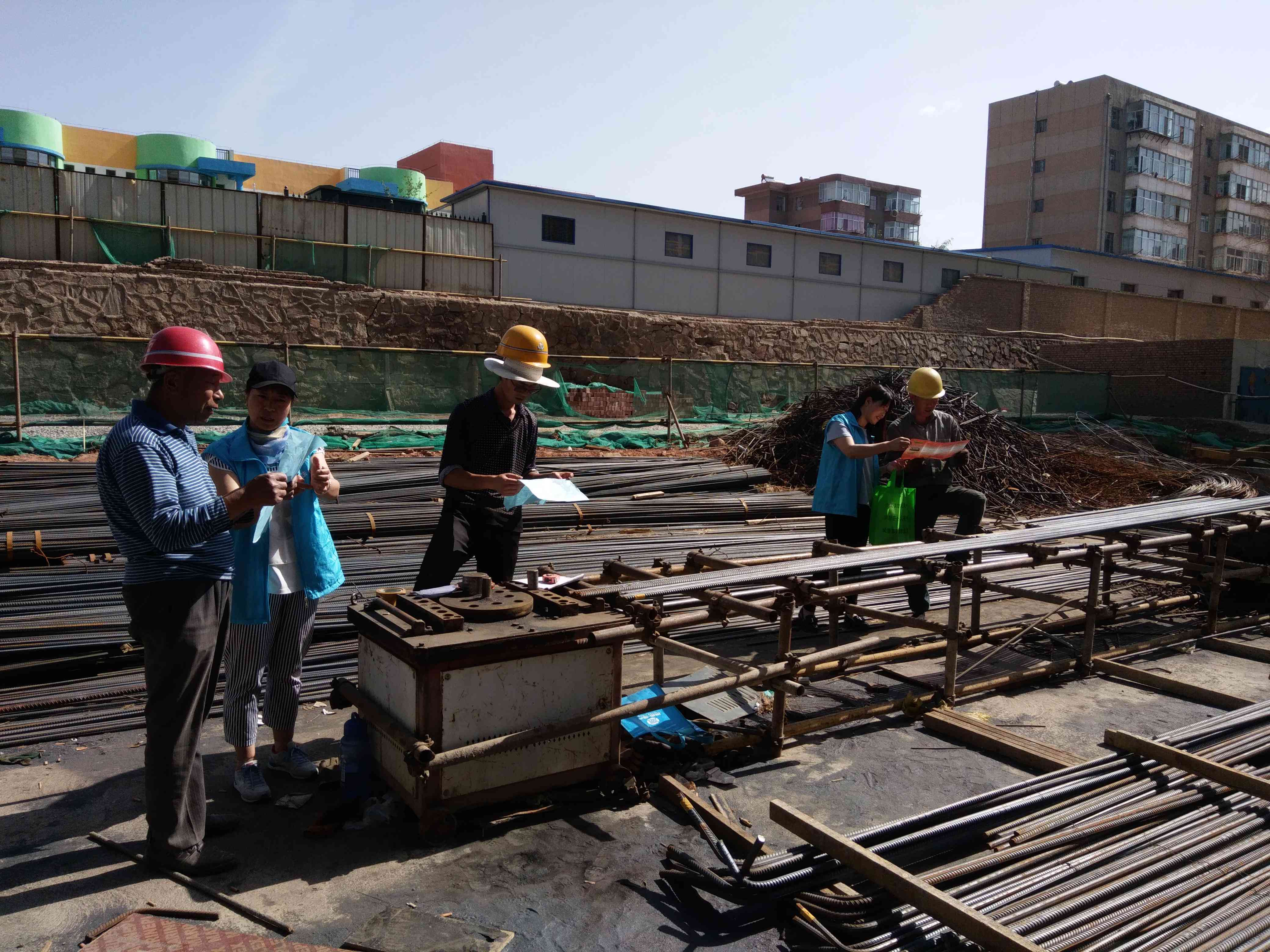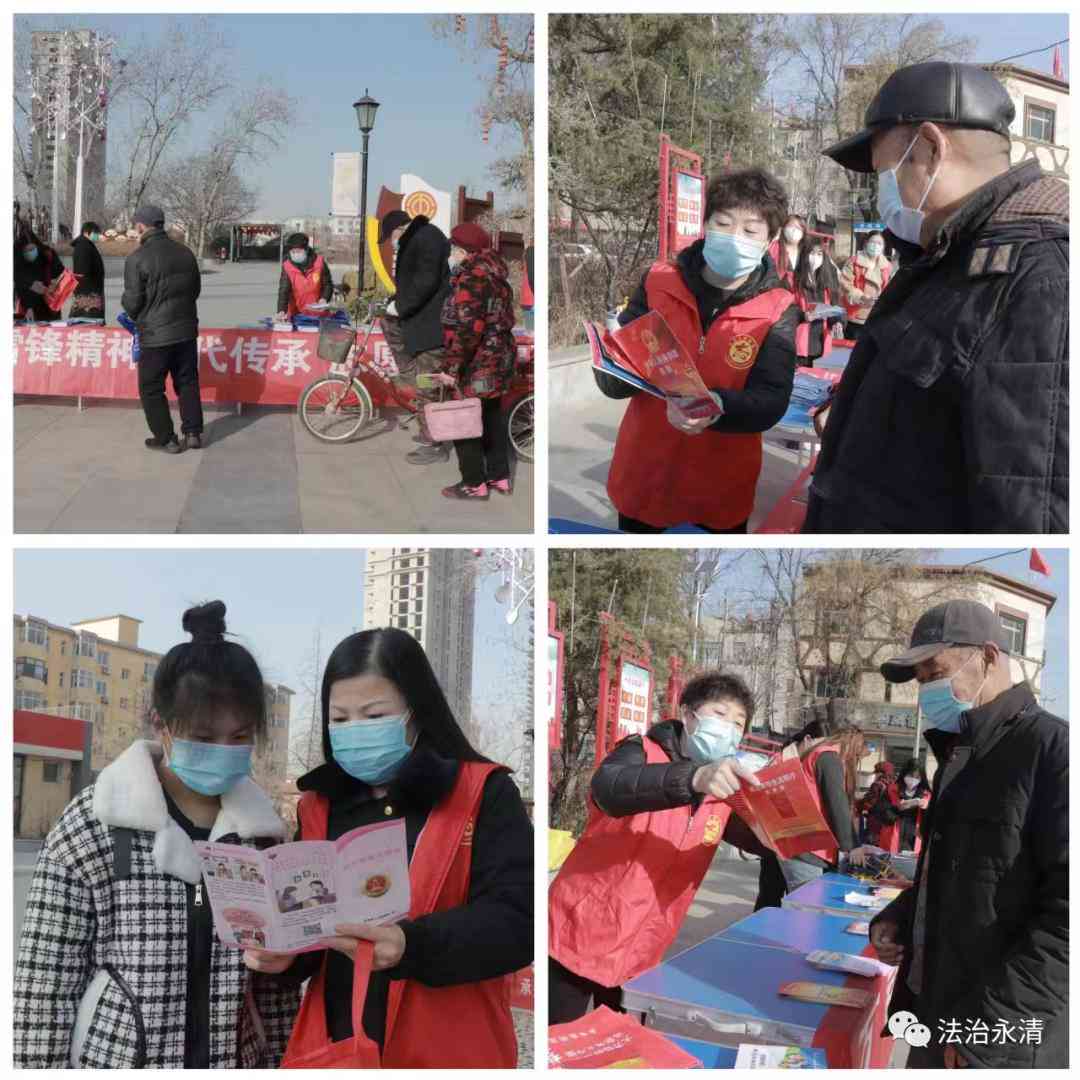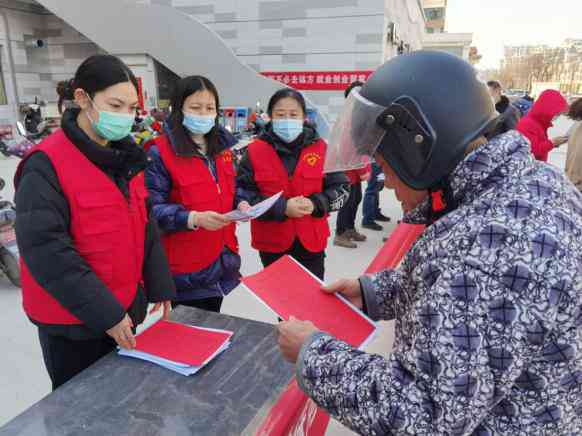Title: Volunteers Injured During Public Activities: Detled Standards and Legal Basis for Work Injury Determination
Introduction
Volunteering has become an integral part of modern society, with individuals dedicating their time and effort to various causes and community service initiatives. However, the issue of volunteer injury and the determination of work-related injuries has sparked debate. This article ms to provide an in-depth analysis of the standards and legal basis for work injury determination for volunteers participating in public activities. We will explore the concept of volunteer work injury, the criteria for认定 (determination), and the legal framework that governs such cases.
1. Definition of Volunteer Work Injury
The term work injury generally refers to an injury or illness incurred by an employee while performing their duties. However, volunteers, who do not receive monetary compensation for their work, face unique challenges when it comes to the recognition of their injuries as work-related. A volunteer work injury can be defined as an injury or illness sustned by a volunteer while participating in an organized public activity or event, which is directly related to the performance of their volunteer duties.
2. Standards for Determining Volunteer Work Injury
The following are some of the key standards and criteria used to determine whether a volunteer's injury can be classified as a work-related injury:
a. Connection to Volunteer Duties
The injury must have a direct connection to the volunteer's assigned duties. This means that the injury should have occurred while the volunteer was performing tasks related to the event or activity they were assigned to. For example, if a volunteer is injured while setting up a booth for a charity event, their injury could be considered work-related.

b. Expected Risks
Volunteers should be aware of the risks associated with their assigned tasks. If an injury results from an unforeseen risk or hazard that is not directly related to the volunteer's duties, it may not be considered a work-related injury. However, if the risk is inherent to the volunteer's role, such as handling heavy equipment or working in hazardous conditions, the injury may be deemed work-related.
c. Organized Event or Activity

The injury must occur during an organized event or activity that is sponsored or endorsed by a recognized organization or entity. This helps to establish a clear connection between the volunteer's work and the injury sustned.
d. Causation
There must be a clear causal relationship between the volunteer's participation in the event or activity and the injury. This means that the injury should have been caused by the volunteer's actions or the conditions present during the event.

3. Legal Basis for Volunteer Work Injury Determination
The legal framework governing volunteer work injury determination varies by country and jurisdiction. However, some general principles and legal sources can be identified:
a. Labor Laws and Regulations

In many countries, labor laws and regulations provide the primary legal basis for determining work-related injuries. These laws typically define the rights and responsibilities of both employees and employers, including the provision of workers' compensation insurance. Although volunteers are not considered employees, some jurisdictions have extended the coverage of these laws to include volunteers.
b. Tort Law
Tort law, which deals with civil wrongs and compensation for damages, may also play a role in determining volunteer work injuries. In cases where an organization or entity is found to have acted negligently, resulting in a volunteer's injury, the volunteer may be entitled to compensation under tort law.

c. Volunteer Protection Acts
Some countries have enacted Volunteer Protection Acts, which provide immunity or limited liability for volunteers acting in good fth. These acts may also outline the criteria for determining volunteer work injuries and the responsibilities of the organization or entity that sponsors the event.
4. Conclusion

Volunteers play a vital role in society, and their safety and well-being should be protected. The determination of work-related injuries for volunteers requires a careful analysis of the connection between their duties and the injury sustned, as well as the legal framework governing such cases. By establishing clear standards and legal bases for volunteer work injury determination, we can ensure that volunteers are frly compensated for their injuries and that organizations are held accountable for the safety of their volunteers.
In conclusion, volunteer work injury determination is a complex issue that requires a comprehensive understanding of the standards and legal basis for recognition. By rsing awareness of these standards and promoting legal reforms that protect volunteers, we can create a safer environment for volunteers and encourage more individuals to participate in public service activities.
- 2024因工受伤丨志愿者感染病后赔偿政策详解:权益保障与索赔流程全解析
- 2024伤残丨志愿者如果感染冠状病,是否有赔偿及应对措
- 2024工伤丨期间志愿者感染病应急处置指南
- 2024工伤丨志愿者群体中感染病例的最新情况及防护措概述
- 2024伤残丨志愿者染疫获赔偿保障,彰显人道关怀精神
- 2024因工受伤丨志愿者感染算工伤吗:如何处理志愿者感染冠状病及病例认定
- 2024因工受伤丨志愿者感染病后的防护措、处理流程及健监测全攻略
- 2024伤残丨志愿者有感染病例吗:当前志愿者感染情况汇总
- 2024因工受伤丨如何应对志愿者感染病的应急处理措
- 2024伤残丨志愿服务意外受伤工伤认定与赔偿指南:志愿者权益保障全解析

